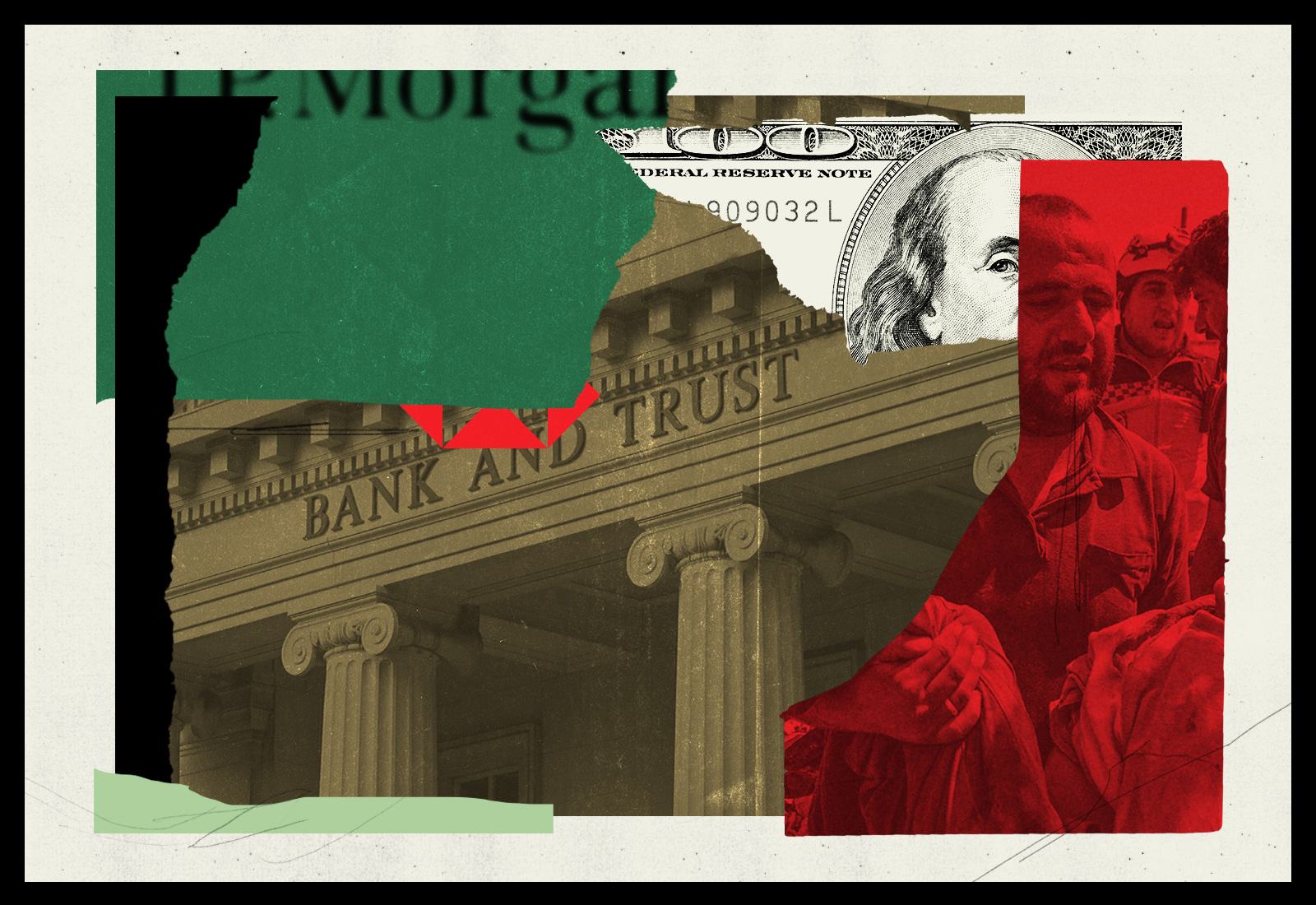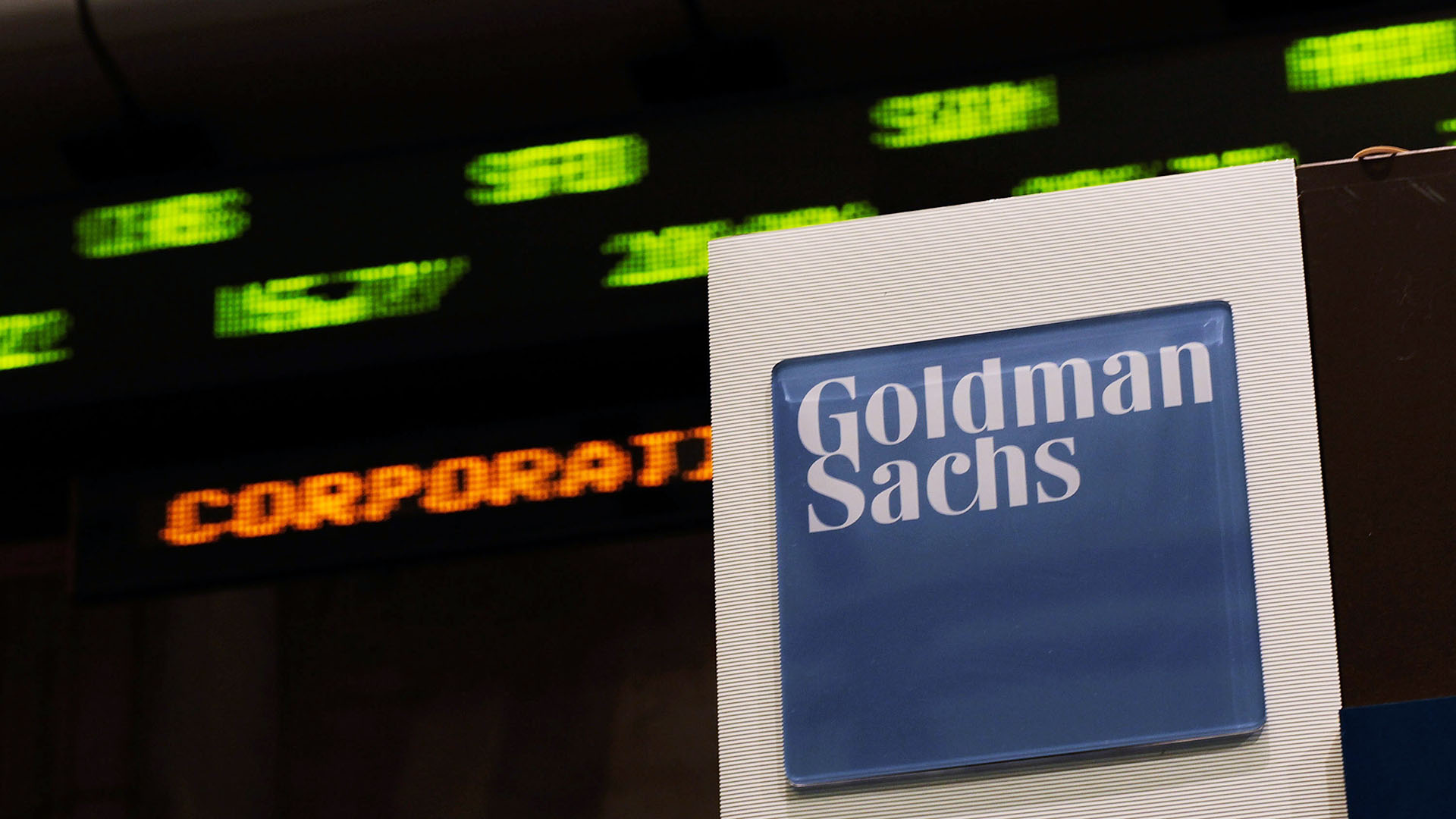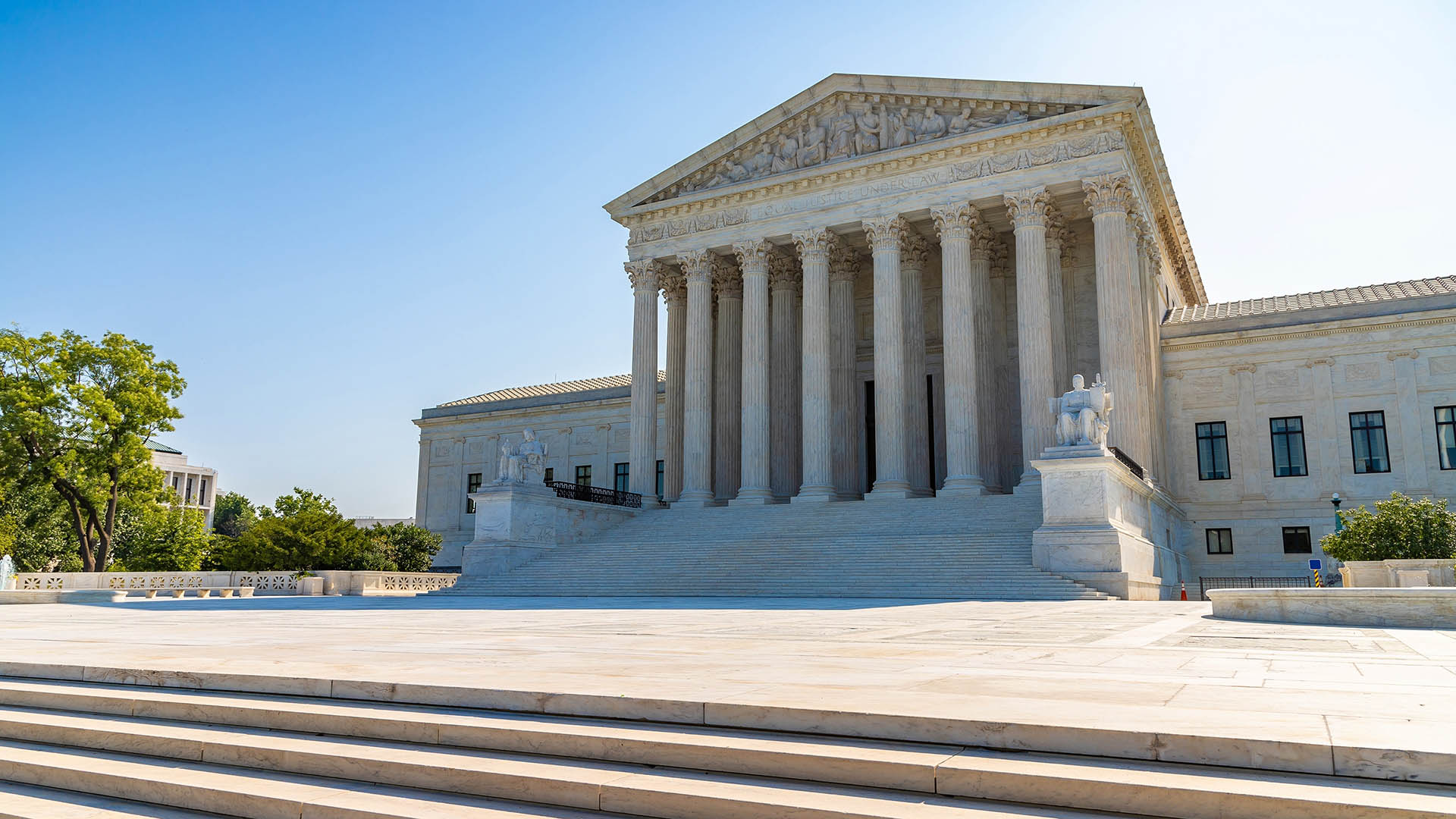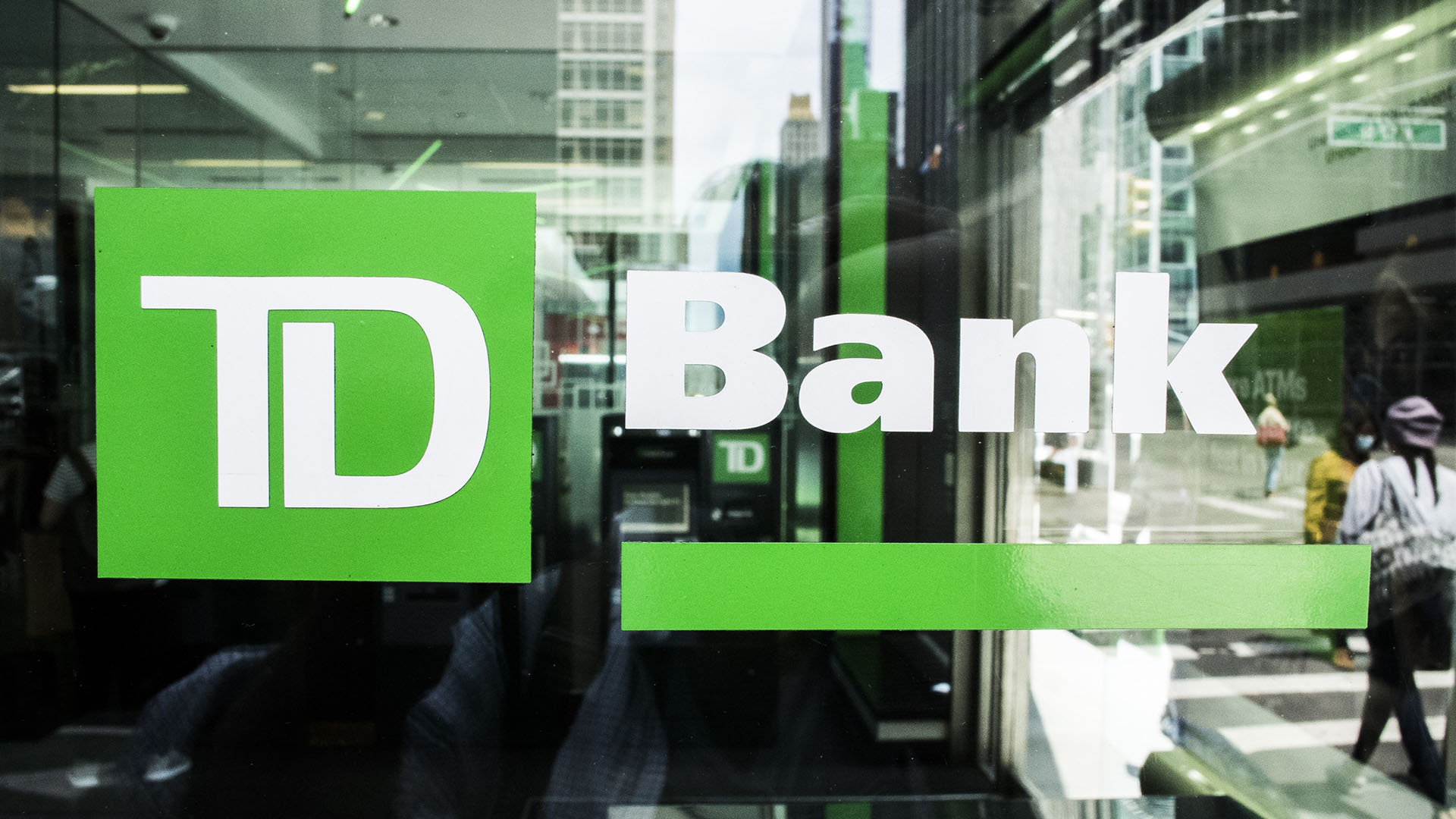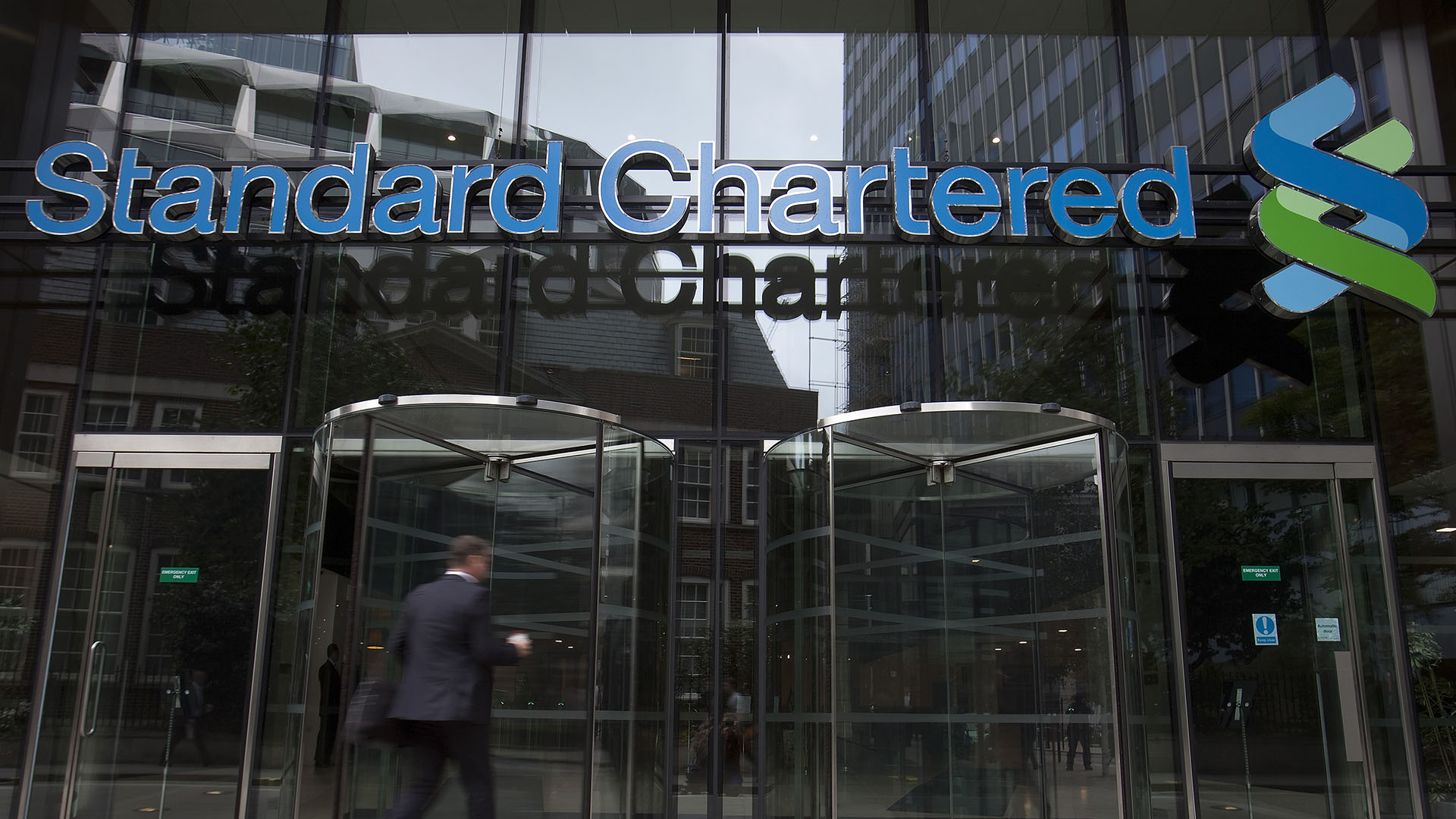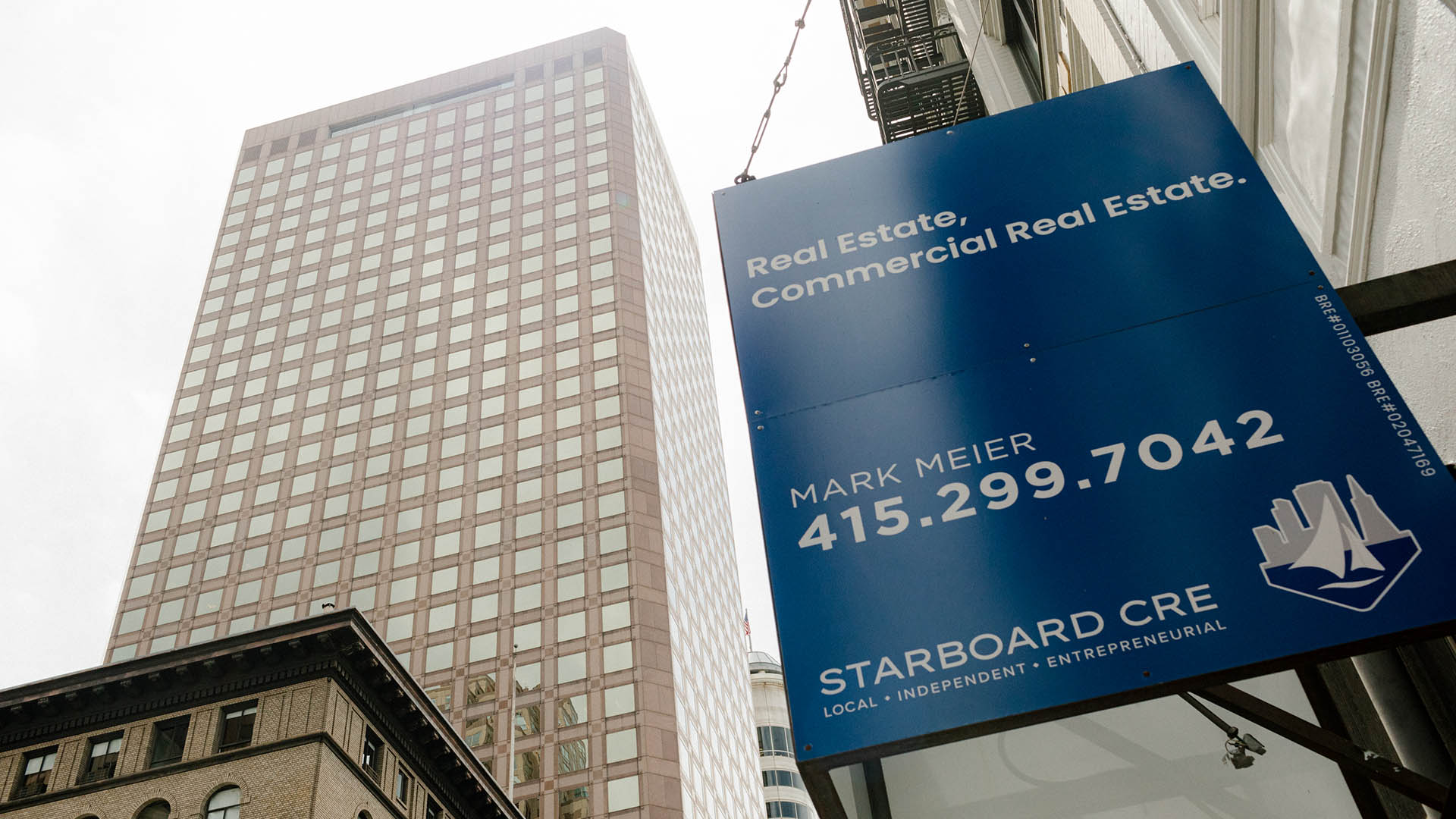Deutsche Bank has agreed to pay over $130 million to resolve allegations that the German bank had devised a “scheme to conceal corrupt payments and bribes” to bolster its business around the world, U.S. prosecutors announced late last week.
Beginning in 2009, Deutsche Bank embarked on a seven-year course of misconduct, prosecutors said, funneling more than a million dollars in outright bribes and millions more in related expenses to so-called “business development consultants” around the world. Prosecutors say the German bank misrepresented these expenses in its recordkeeping.
The scheme included prominent portions of Deutsche Bank’s executive leadership, who “knowingly and willfully conspired” to hide and falsify payments to crooked consultants, prosecutors said. The U.S. Foreign Corrupt Practices Act forbids companies operating in the U.S. from paying bribes abroad. Deutsche Bank’s violations of these laws spanned Saudi Arabia, Abu Dhabi, Italy and China, according to prosecutors.
Last year, the International Consortium of Investigative Journalists’ FinCEN Files investigation found that Deutsche Bank helped move hundreds of millions of dollars for a Ukrainian oligarch now accused of defrauding his country’s largest bank. The investigation, conducted in collaboration with BuzzFeed News and more than 100 other media partners around the world, revealed that Deutsche Bank was one of a number of global banks that kept profiting from powerful and dangerous players even after U.S. authorities issued fines for failures to stem flows of dirty money.
“We are a different bank now,” Deutsche Bank told ICIJ in response to the FinCEN Files story.
In addition to the bribery charges, prosecutors last week accused Deutsche Bank of committing fraud by intentionally manipulating prices of precious metals over a five-year period. The bank admitted to wrongdoing in last week’s settlement, which encompasses both the bribery and commodities fraud allegations.
The settlement hinges on the German bank agreeing to a three-year deferred prosecution agreement, a probation-like period after which prosecutors can drop the criminal charges. This agreement includes requirements for Deutsche Bank to fix its systems aimed at stopping bribery and other wrongdoing within the company.
In recent years, such agreements have become a key way for big banks to avoid criminal penalties for financial misconduct. Critics have questioned whether the agreements fail to deter bad behavior by financial firms and large corporations.
This is the latest penalty imposed on Deutsche Bank, which has paid hundreds of millions of dollars in penalties in recent years for anti-money laundering lapses. Past breaches include moving suspicious payments for convicted sex offender Jeffrey Epstein after it deemed him to be a high-risk, and transferring billions on behalf of Iranian, Libyan, Syrian, Burmese and Sudanese financial institutions and other entities sanctioned by the U.S.
Deutsche is one of the five banks to appear most often in the FinCEN Files, including Bank of New York Mellon, Standard Chartered, JPMorgan and HSBC. The investigation found that all five institutions repeatedly broke their official promises of good behavior by continuing to move cash for suspect people and companies.
In response to the deferred prosecution agreement last week, Deutsche Bank again tried to distance itself from its recent past. “We take responsibility for these past actions, which took place between 2008 and 2017,” Dan Hunter, a Deutsche Bank spokesman, told The New York Times. Hunter added that the bank was determined “to put these matters firmly in the past.”


